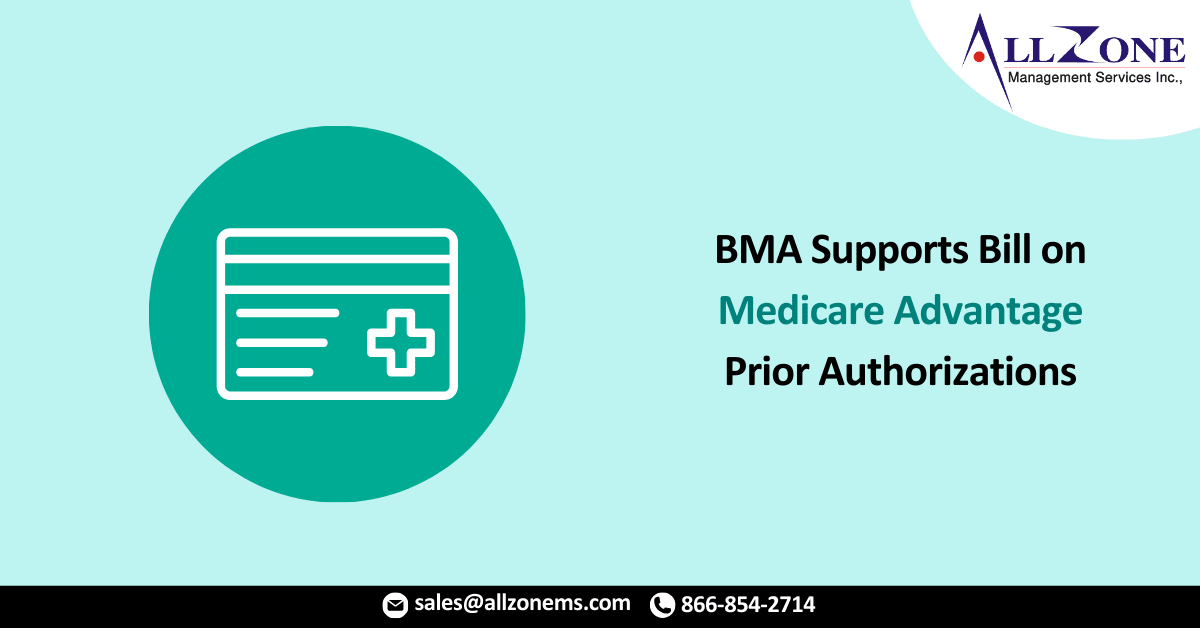The bill would aim to standardize processes and require greater oversight on Medicare Advantage plans’ utilization and denial of prior authorizations.
Better Medicare Alliance (BMA) has endorsed HR 3173, the Improving Seniors’ Timely Access to Care Act, a law that seeks to reform prior authorization in Medicare Advantage.
“When it comes to the use of medical management tools like prior authorization, Better Medicare Alliance has always worked on two tracks: seeking to increase understanding about the role of prior authorization in facilitating high-value, clinically appropriate care, while also working to simplify this process for patients and providers alike,” said Mary Beth Donahue, president and chief executive officer of the Better Medicare Alliance.
“The Improving Seniors’ Timely Access to Care Act is a commonsense solution that builds on the work the Medicare Advantage community has been doing to streamline prior authorization for seniors.”
The law, according to its sponsors, seeks to formalize an electronic prior authorization process as well as a real-time decision process for routine products and services. Additionally, Medicare Advantage plans would have to submit a report to CMS that relays their prior authorization utilization rate, approval rate, and denial rate. Finally, it would encourage an industry standard for prior authorization programs.
“Americans who are enrolled in Medicare Advantage plans sometimes face unnecessary delays in treatment and diagnoses, but this legislation will modernize the process of prior authorization so medical providers can offer them safe, timely, and affordable care. This common sense, bipartisan plan will give seniors peace of mind and improve America’s health care system,” said Congressman Mike Kelly (PA-16), one of the members of the House of Representatives who introduced the bill.
The bill enjoyed bipartisan support in the House of Representatives. It also received support from various healthcare stakeholders including the American Medical Association, provider groups, patient advocacy groups, and now Better Medicare Alliance.
“With Medicare Advantage already delivering nearly $2,000 in annual savings to consumers and lower per-beneficiary spending for taxpayers, this is another way that Medicare Advantage can continue to raise the bar in the delivery of affordable, accessible coverage and care,” Donahue noted.
“We are pleased to support this bipartisan measure and look forward to working with CMS, the provider community, and other stakeholders to facilitate a smooth adoption and transition to electronic prior authorization protocols.”
The BMA’s endorsement and the law itself are timely as a report from the Office of Inspector General (OIG) recently indicated that Medicare Advantage plans have denied or delayed prior authorizations or payment requests. Based on the agency’s assessment, 13 percent of prior authorization requests that Medicare Advantage plans denied would have been approved under fee-for-service Medicare.
Moreover, the American Medical Association found that prior authorizations continue to impose a high administrative burden on providers. Almost nine in ten providers said that prior authorizations disrupted continuity of care sometimes, often, or always.
Many experts have voiced support for using electronic prior authorizations to not only reduce provider administrative burden but also improve quality of care and patient experience. A review of more than 40,000 transactions indicated that electronic prior authorization could cut down the processing time from predominantly 48 hours or more to predominantly zero to two hours.
For More Information: https://healthpayerintelligence.com/news/bma-supports-bill-on-medicare-advantage-prior-authorizations

